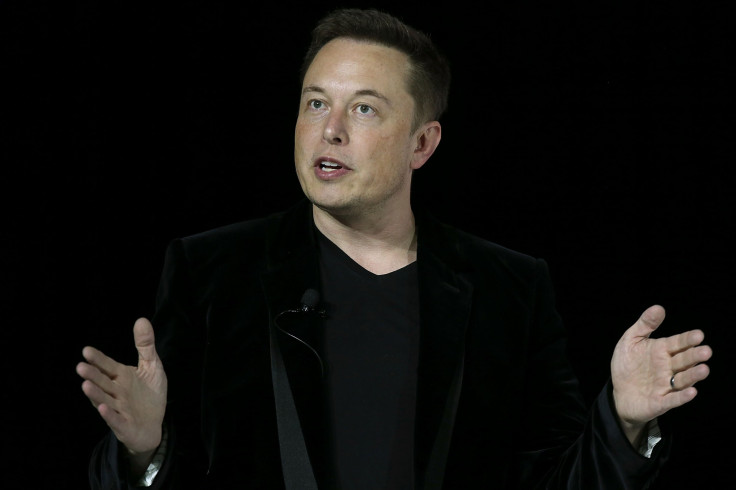Tesla Motors Shares Plunge On SolarCity Bid As Investors Fear Marriage Of Money-Losing Companies

Tesla Motors’ stock touched a nearly four-month low Tuesday evening after the Palo Alto, California, maker of electric cars offered to acquire SolarCity in a stock deal valued at as much as $2.8 billion.
Tesla co-founder and CEO Elon Musk, who is also co-founder and chairman of the solar energy company, called the bid “blindingly obvious” in a conference call late Tuesday, offering up his vision for an integrated new energy company — one that builds electric cars, manufactures batteries, assembles and sells storage and delivers solar energy systems to homes and businesses.
“It improves the efficiency of the setup,” Musk said, referring to a company that could install solar panels, a car charger and a battery pack all at once. But both companies are hemorrhaging money, and some investors on Tuesday were pulling out by selling shares.
Tesla’s shares touched their lowest price since March 3 in after-hours trading, plunging nearly 12 percent to $194 a share. SolarCity’s stock went in the other direction, climbing more than 15 percent to $24.49, its highest intraday price since March 24.
Tesla’s stock is down 8.5 percent for the year while SolarCity’s has fallen by nearly 60 percent.
Earlier, Tesla said in a regulatory filing that its stock offer for SolarCity represents a value of as much as $28.50 a share, or 30 percent above its closing-bell price on Tuesday before after-market trading. SolarCity is the biggest residential solar company in the country, but CEO Lyndon Rive surprised investors last fall by announcing the company would slow installation growth as it seeks to reduce costs and become cash-flow positive.
Both companies are bleeding money, but SolarCity has been losing significantly more money — about $6 for every $1 in revenue, according to the Wall Street Journal. Tesla is losing about 50 cents for every $1 in revenue, making it far more financially sound.
Musk owns 19 percent of Tesla Motors and 22 percent of SolarCity, according to Thomson Reuters.
Tesla Motors sells high-tech luxury electric cars that start at about $67,000 for a base Model S to nearly $139,000 for a fully loaded Model X utility vehicle with advanced semi-autonomous driving features. It’s planning a lower-priced model due out at the end of 2017, just as rivals begin rolling out more plug-in and fully electric cars, including pricey luxury Audis and entry-level longer-range Nissan Leafs.
On Tuesday, the Chinese-backed Los Angeles-based Faraday Future received approval in the state of California to test self-driving versions of its sporty electric cars on public roads. The fact that other automakers are rapidly piling into plug-in powertrains and autonomous driving technology means Tesla will soon see significant competition.
© Copyright IBTimes 2024. All rights reserved.












